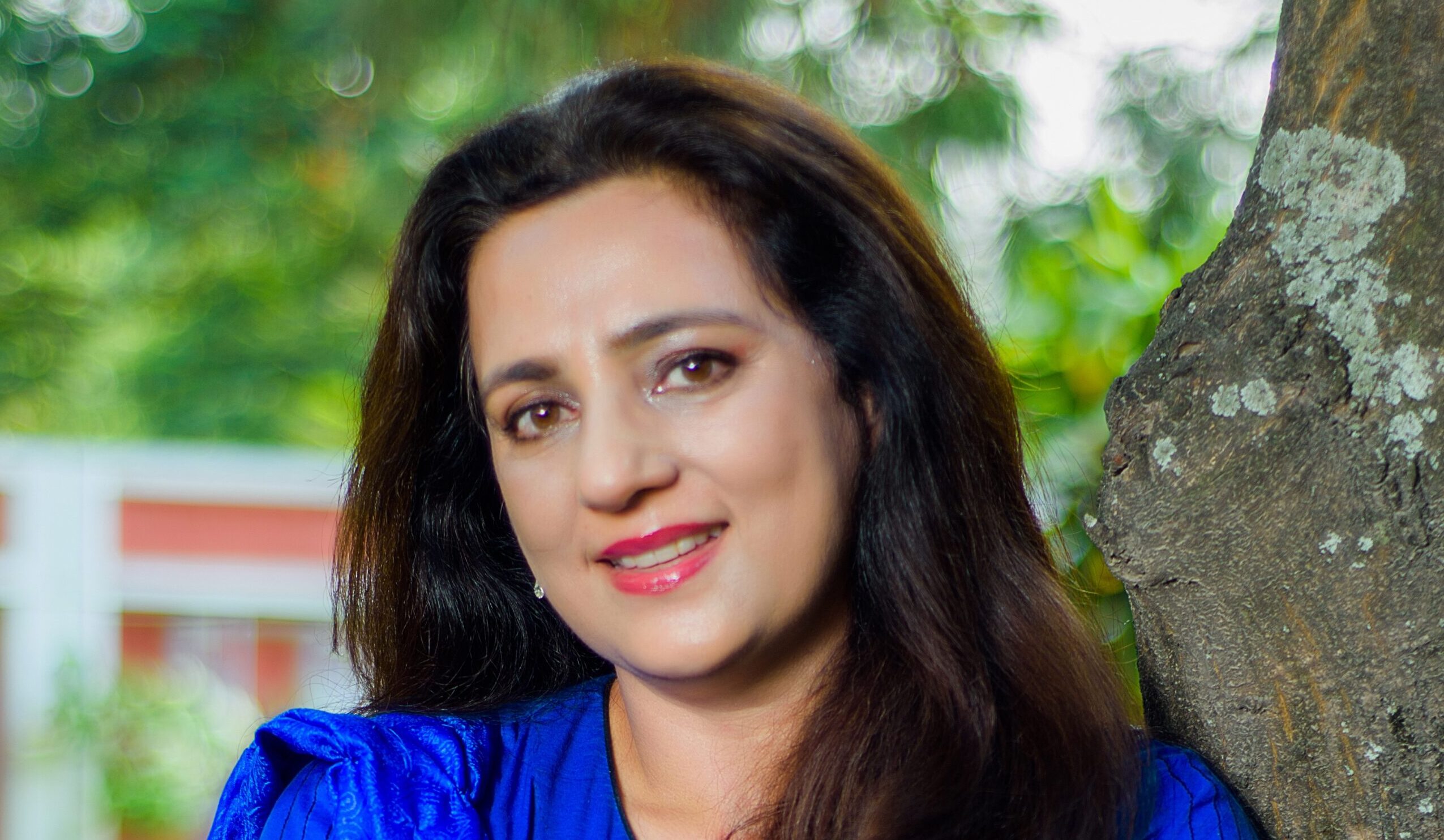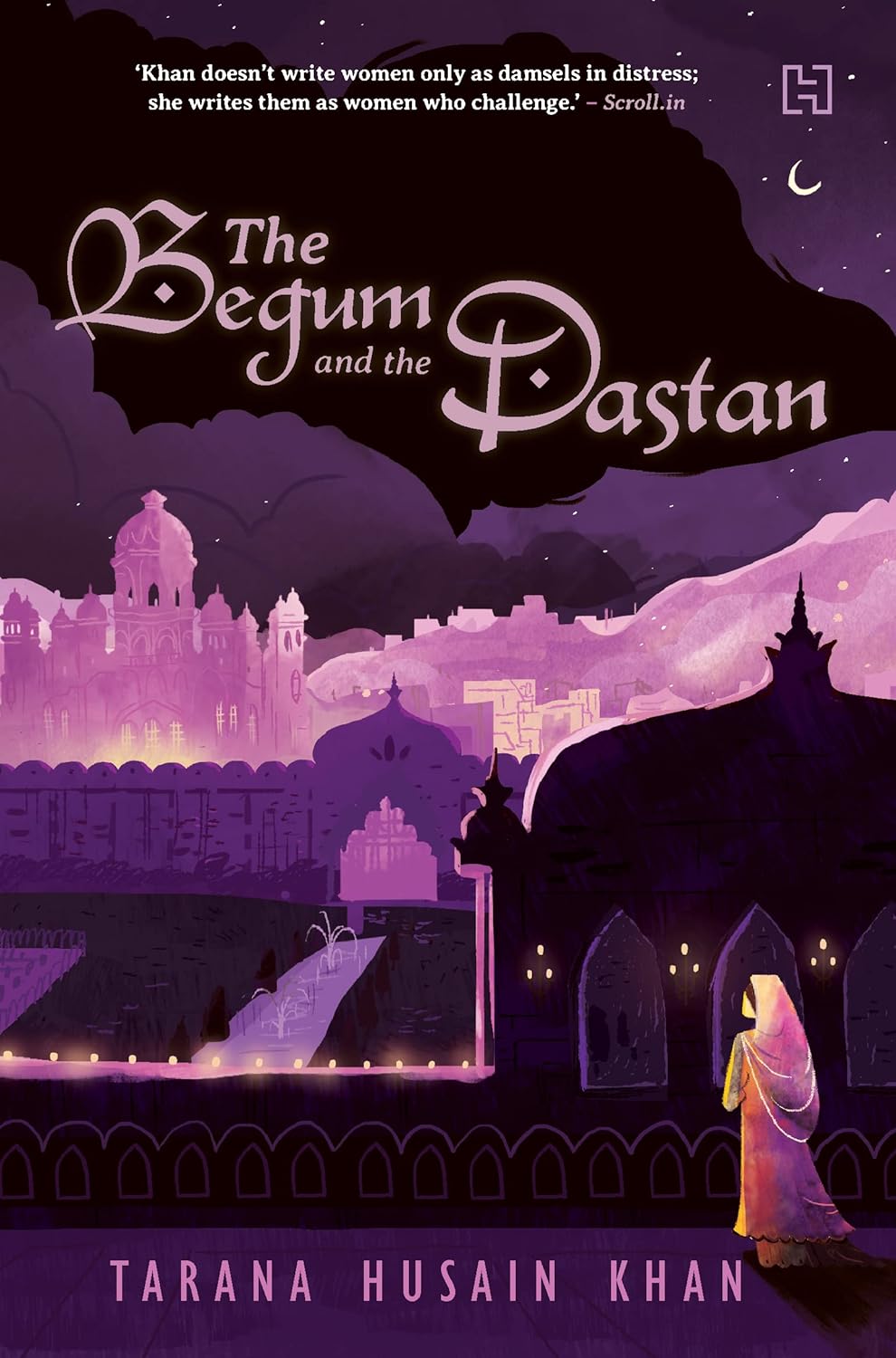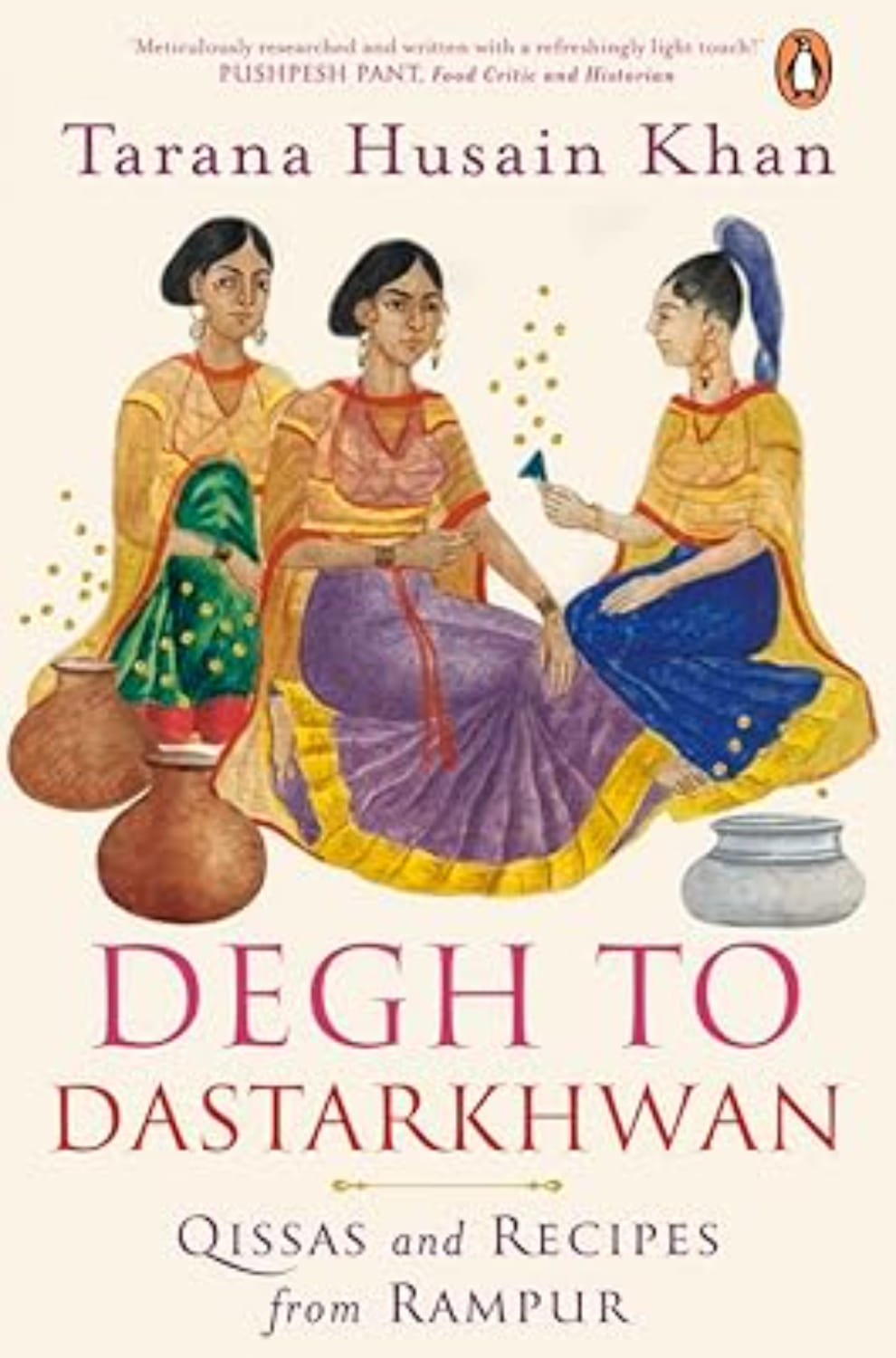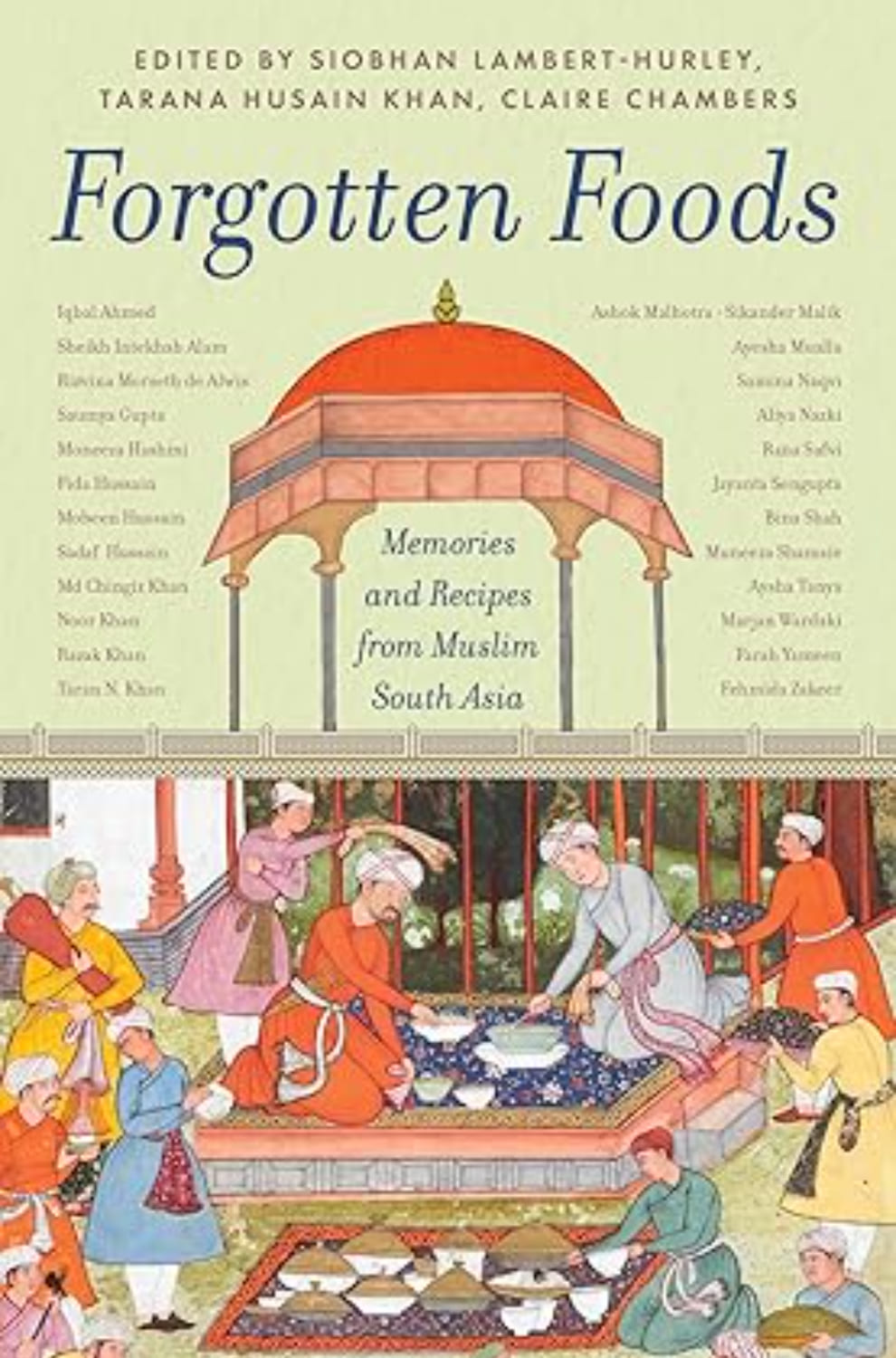
Dr Tarana Husain Khan is a writer and food historian. Her writings explore the intersections of gender, history, culture and oral history.

The Begum and the Dastan
Lined with grandeur, tragedy and fantasy, Tarana Husain Khan’s odyssey maps the social, political and religious contours of 1897 Sherpur with the fascinating and strong-willed Feroza Begum at the centre of the storm. On an evening not too many evenings ago, the blue-eyed Feroza, flouting her family’s orders, attended Nawab Shams Ali Khan’s sawani celebrations at the Benazir Palace. Tragedy coloured the night when she found herself kidnapped and withheld in the Nawab’s harem — bustling, tantalizing and rife with sinister power play. As tyranny and repression tightened their hold inside the royal walls, at the Bazaar Chowk, dastangoi Kallan Mirza enchanted his listeners with the legend of sorcerer Tareek Jaan and his chimeric city, the Tilism-e-Azam, where women were confined in underground basements. Misfortune and subjugation link eras when Ameera, Feroza’s great-granddaughter, is restricted to her house and finds solace in her Dadi’s retelling of Feroza’s tragedy. When Ameera’s circumstances begin mirroring the strife and indignities pervasive in 1897 Sherpur, she must reflect if society has shifted enough for women and their choices. Written with careful flamboyance and striking evocativeness, The Begum and the Dastan is a world imbued with love, splendour and heartbreak, only saved by the women who refuse to play by the rule book.

Degh to Dastarkhwan: Qissas and Recipes from Rampur
Tarana was an indifferent eater and an unenthusiastic cook until a chance encounter with a nineteenth-century Persian cookbook in Rampur's fabled Raza Library started her off on a journey into the history of Rampur cuisine and the stories around it. Working with the khansamas of Rampur she attempted to revive the delectable dishes of the lost cuisine. Part food memoir and part celebration of a cuisine, Degh to Dastarkhwan answers the question-'what constitutes and distinguishes Rampur cuisine?' Each chapter represents an emotion, an observance or a celebration. The spread of Rampuri food from the grand royal cuisine to the simple daily fare becomes the arena to express love, loss, forgiveness and spirituality. Peopled with compelling characters from all walks of life, the book is a tour de force that includes recollections of a princess to the spiritual ambiance of a Sufi shrine, with stories of khansamas, weddings and funerals. Each chapter ends with a collection of recipes from Rampur homes distilled through the pen of a non-cook.

Forgotten Foods: Memories and Recipes from Muslim South Asia
While heritage foods still abound in the streets and kitchens of South Asia, it may just be a matter of time before many of these historic dishes and culinary traditions, especially of Muslim provenance, pass into oblivion. In Forgotten Foods, historians, literary scholars, plant scientists, heritage practitioners, writers and chefs come together to document precious stories and memories, histories and recipes in a valiant endeavour to stem this lamentable tide. Introducing us to the legendary poet Faiz Ahmed Faiz’s modest, homely tastes, his daughter Moneeza Hashmi draws our attention to dishes that continue to cut across the seemingly impermeable India–Pakistan border. In Sri Lanka, Rizvina Morseth de Alwis finds comfort in the ‘strange’ recipes of her country’s Malay cuisine. A lost kitchen cabinet in Bhopal holds the secret behind the tenderest shami kababs. A journey through the rich foodscape of Manipur’s Pangal community depicts its close ties to the dietary traditions of marginalised groups. Tarana Husain Khan visits Rampur’s paddy fields on a quest for heritage rice varieties, even as we experience the sweeter side of Hyderabad’s cuisine generally notorious for its heat. A cornucopia of other essays familiarise us with uncommon items such as Kerala’s jeeraga kanhi, Kashmir’s saada saag and the delicate murgh qorma of Awadh. The culinary diversity showcased in Forgotten Foods not only comes as a delightful surprise, it also proves just how profoundly Muslim kitchens have reshaped alimentary practices, enriching South Asian food and making it what it is today.